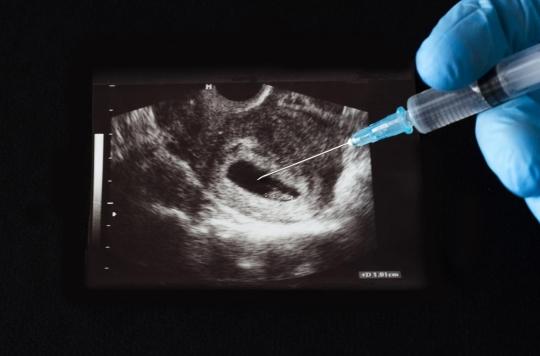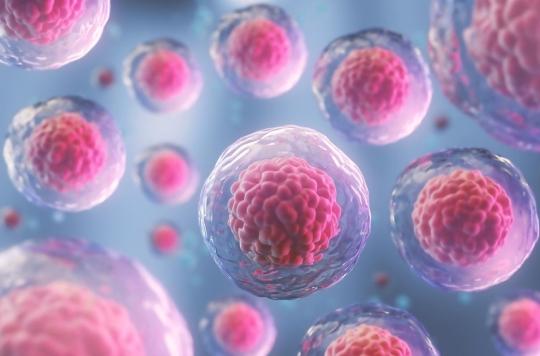The Gerber brand has chosen a baby with Down’s syndrome to represent it in 2018. The opportunity to counter the ignorance around this syndrome which leads to discrimination and often generates the social exclusion of many people with Down’s syndrome.

Like every year since 1928, the infant food brand Gerber has chosen a baby to become its muse. A call for applications was launched on social networks to find the new face of their campaign and for the first time in the history of the company, a baby with Down’s syndrome was selected from 140,000 competitors. Lucas Warren, a one-year-old boy from Georgia, will be Gerber’s new face in 2018.
The brand announced on its Instagram account that the little one had won the eighth annual Gerber Baby Photo Search edition and the sum of 41,000 euros. “Each year we choose the baby that is the perfect match for our brand and this year Lucas is the perfect match,” Gerber CEO and Chairman Bill Partyka said in a press release. And it seems that it was the little boy’s “bright smile” that made the difference.
Ignorance leads to discrimination
This opportunity could help educate people. The lack of culture around this syndrome stems from a deep social problem linked to the ignorance of Down’s syndrome and generates social exclusion, even the marginalization of many people with it. Trisomy 21, also called Down’s syndrome, is a congenital chromosomal abnormality caused by the presence of an extra chromosome on the 21st pair. This genetic anomaly is the most common: 27 pregnancies out of 10,000 involved, or more than 2,000 per year, and its frequency increases with the age of the mother.
Misconceptions related to Down’s syndrome
It is to an old English researcher (whose identity science would like to forget) that we owe this ugly name of “Mongolian” to designate this congenital anomaly that medicine today calls “trisomy 21”. Long condemned to oblivion and secrecy, people with Down’s syndrome have gradually emerged from the shadows. First thanks to a very nice film, Palme d’Or at Cannes a few years ago, which reminded us that behind this somewhat ungrateful physique always hides a sensitive being and perfectly aware of his environment.
Secondly, because research into this disease opens up exciting perspectives. We have indeed noticed that cancers are much less frequent in people with Down’s syndrome than in others: 14 times less for that of the breast, for example. Hence very extensive research to assess whether this relative benefit could not be of genetic origin. Trisomy 21, as the name suggests, is caused by the presence of 3 chromosomes (instead of 2 usually) on chromosome pair # 21.
This supernumerary chromosome is responsible for all the manifestations of the disease: the physical aspect that everyone knows but above all, and this is what is often fatal, cardiovascular malformations, serious respiratory infections and neurological diseases such as Alzheimer’s. We can also imagine that there is a protective gene against breast cancer on this extra chromosome.
Guilt-free family care
This would – if the hypothesis is confirmed – a considerable advance in treatment, even prevention. A certain revenge for a population too mocked for which, in 25 years, life expectancy has increased from 25 to 60 years. This longevity continues to improve each year. Spectacular results which translate – thanks to surgery, antibiotic treatments and increasingly guilt-free family care – the desire to no longer segregate which – no offense to this old English researcher whose experience we will forget. name – is the basis of the Hippocratic Oath.
.

















